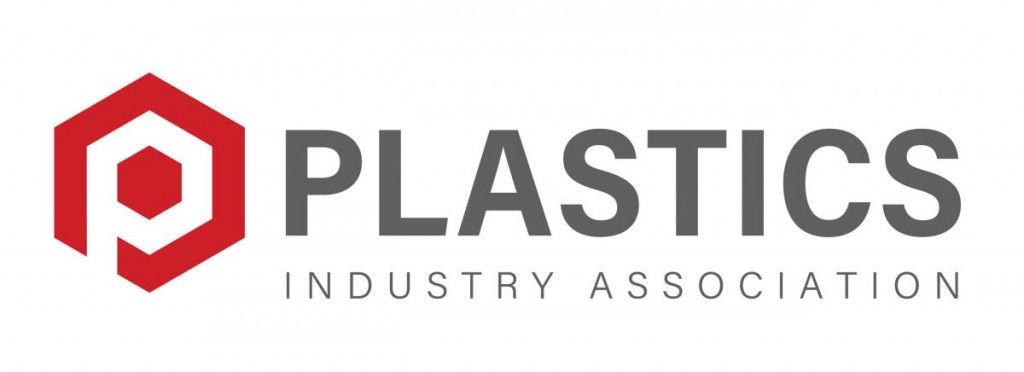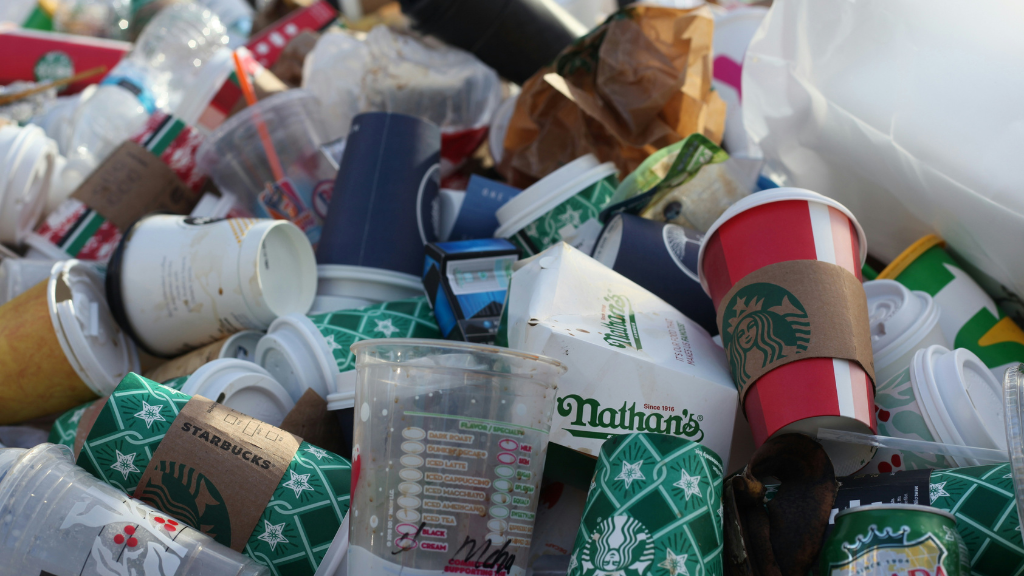PLASTICS releases Bioplastics Report, calls for research and innovation
New U.S. consumer survey shows increased understanding and support for bioplastics in the marketplace

In a Plastics Market Watch report just released; Watching: Bioplastics, the Plastics Industry Association (PLASTICS) reports bioplastics are in a growth cycle stage and will outpace the economy as a whole by attracting new investments and entrants into the sector and bringing new products and manufacturing technologies to make bioplastics more competitive and dynamic.
The report finds growing interest in bioplastics, but also a continued need for education. According to a survey PLASTICS conducted of U.S. consumers in January 2018, more consumers are "familiar" or "somewhat familiar" with bioplastics compared to a survey conducted just two years ago; 32 percent of consumers are familiar with bioplastics in 2018 compared to only 27 percent in 2016. The PLASTICS survey also indicated 64 percent of consumers would prefer to buy a product made with bioplastics - and expect to see bioplastics in disposable plastic tableware, plastic bags, food and cosmetic packaging, and toys.
As bioplastics product applications continue to expand, the growth dynamics of the industry will continue to shift. Looking at industry studies on market segmentation, packaging is the largest segment of the market at 37 percent followed by bottles at 32 percent. Growth opportunities in bioplastics manufacturing are expected to continue from the demand and supply side. While in the past growth in bioplastics was primarily driven by higher petrol-based polymers, changes in consumer behavior will be a significant factor for higher demand of bioplastics.
"Changes in U.S. tax policy, particularly the full expensing of capital expenditure, should support research and development in bioplastics. The overall low cost of energy in the U.S. complements nicely with research and development activities and manufacturing, which generates a stable supply of innovative bioplastic products," said Perc Pineda, PhD, chief economist at PLASTICS.
The research and partnerships with bioplastics is exemplified by the efforts to develop a 100 percent biobased PET (Polyethylene Terephthalate) bottle. Most PET bottles currently have approximately 30 percent biobased material, but a number of companies and collaborations are working to develop and launch, at commercial scale, a PET plastic bottle made from 100 percent biobased material.
Despite the industry's embrace of bioplastics and their expanding presence in a wide range of products, PLASTICS' Pineda noted, "A high percentage of surveyed respondents believe they have not seen or used a product made from bioplastic -- either biobased or biodegradable. Continuing to educate consumers on bioplastics would go a long way."
The report is available for download to PLASTICS members and non-members through PLASTICS' website at LINK>.



